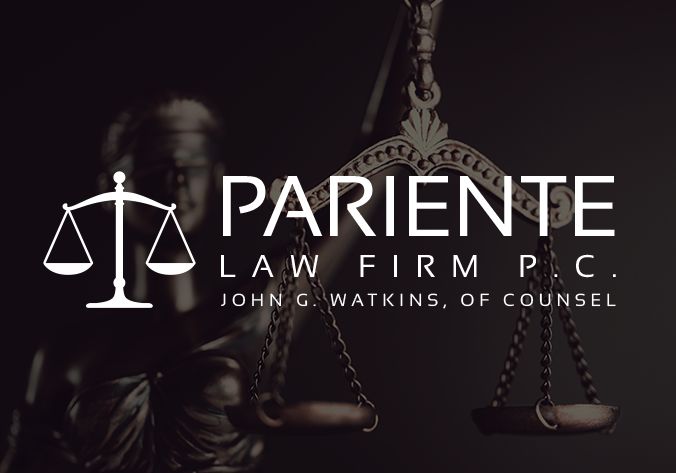To help you better understand what this report is and how it affects your case, this article explains what federal PSI reports are, how they are used, and why they are important.
If you are facing criminal charges, the amount of legal jargon that you must process throughout the various procedures involved with your case can often times be overwhelming. One important term that you are likely to hear plenty about is “presentence investigation report” or “PSI report”.
Federal PSI forms from Pariente Law Firm, P.C.
What is a Federal PSI Report?
When a person is charged with a felony or a federal crime, a PSI report must be prepared and given to the judge prior to their sentencing. This document is a detailed report on the defendant’s past history, and it is largely used to help the judge determine the proper sentence. It may include things such as past criminal charges as well as extenuating factors.
For example, if the PSI report shows that the defendant has a past history of violence and criminal misconduct, the judge may decide that a harsher sentence is justified. On the other hand, if the PSI report shows, for example, that the defendant suffered serious abuse or trauma in their past, the judge may decide to hand down a more lenient sentence. These, of course, are just two examples of the many ways in which the contents of a PSI report can affect the judge’s final sentence.
After a sentence has been issued, the PSI report may be sent to the Bureau of Prisons or State Department of Corrections. It is then used to help determine whether or not the defendant needs or is eligible for certain correctional programs.
PSI reports are not used as evidence to determine whether or not the defendant is guilty, and the report is only presented to the judge after a guilty verdict has been handed down. PSI reports are also not required for all cases and are typically only required for more serious charges.
What Information is Covered in a PSI Report?
A PSI report can contain a wide range of information depending on the defendant’s unique history and the factors that the report needs to consider. A PSI report will almost always discuss the offense that the defendant is being charged with. If the defendant has a criminal history, the report will almost always cover their past charges as well.
Other factors that may be discussed in the PSI report include the defendant’s financial situation, their physical and mental health, their family history, their education level, their employment record, any military service that they might have completed, and more.
In addition to discussing factors affecting the defendant, a PSI report may also cover how the defendant’s victim and the victim’s family was affected by the crime, if there is a victim in the case. This information helps judges ensure that their sentence delivers proper justice to any victims of the crime in question.
While PSI reports may cover a wide range of information, it is within the power of a judge to request more information after they have received the PSI report.
Who is Responsible for Preparing a PSI Report?
In both state and federal cases, the defendant’s probation officer is the person who is in charge of preparing the PSI report. To prepare a PSI report, the probation officer will most often conduct an in-depth interview with the defendant as well as conduct interviews with other experts that are involved in the case.
The Controversy of PSI Reports
PSI reports are sometimes criticized for being unfair to the defendant and violating their right to due process. While PSI reports are not used as evidence during a trial, they do play a vital role in helping determine the severity of a defendant’s sentence. However, PSI reports are not subject to the same level of rules and criticism as evidence presented to a jury. With this being the case, a PSI report may contain hearsay and circumstantial evidence that the defendant is not able to challenge.
Since PSI reports cover the defendant’s prior criminal offenses, the reports also sometimes lead to “ad hoc mini-trials” where the defendant is forced to answer again for charges that have long since been resolved.
While PSI reports can be helpful to defendants as often as they are harmful, it is important to understand the potential pitfalls of these reports and equally important to work with a legal team that is experienced at handling cases involving PSI reports.
What to do if You Have Been Charged With a Crime that Requires a PSI Report
Having a probation officer hand a judge your PSI report can be a very stressful situation. After all, the contents of this report will directly affect the severity of your sentencing. Of course, the optimum solution is to take the PSI report out of the question entirely through a winning defense that doesn’t lead to a guilty verdict, and our attorneys always fight to make the prosecution prove their charges beyond any shadow of a doubt.
Even if you are found guilty of your charges, though, it is still essential to work with an experienced legal team throughout the sentencing process. PSI reports can be complex documents, and you will want to have the right attorneys in your corner to ensure that the process is carried out in a fair and just manner.
If you have been charged with a federal or felony crime and are facing a trial that may involve a PSI report, we invite you to contact our offices today. Our expert team of defense attorneys would be happy to learn more about your case.




